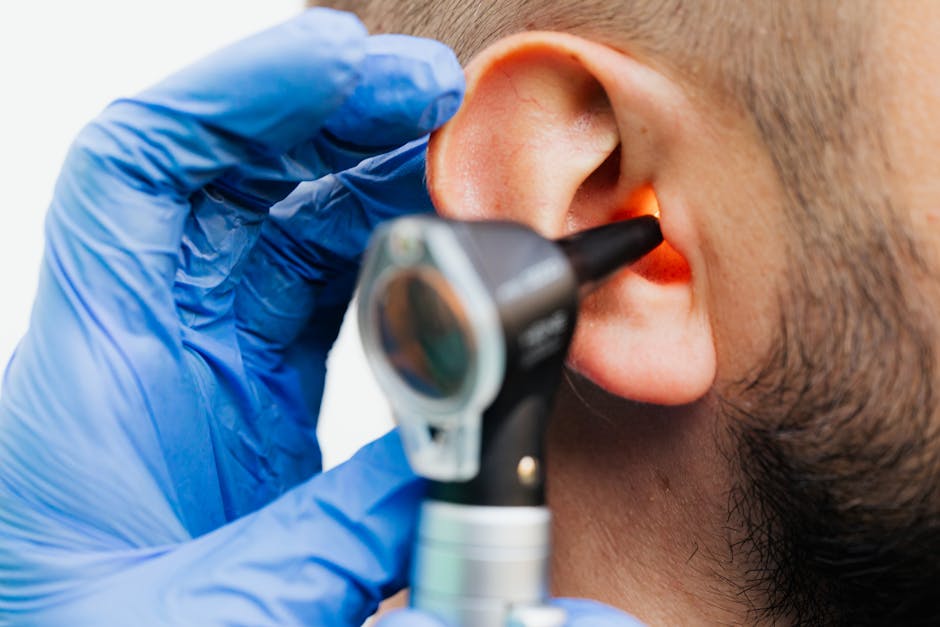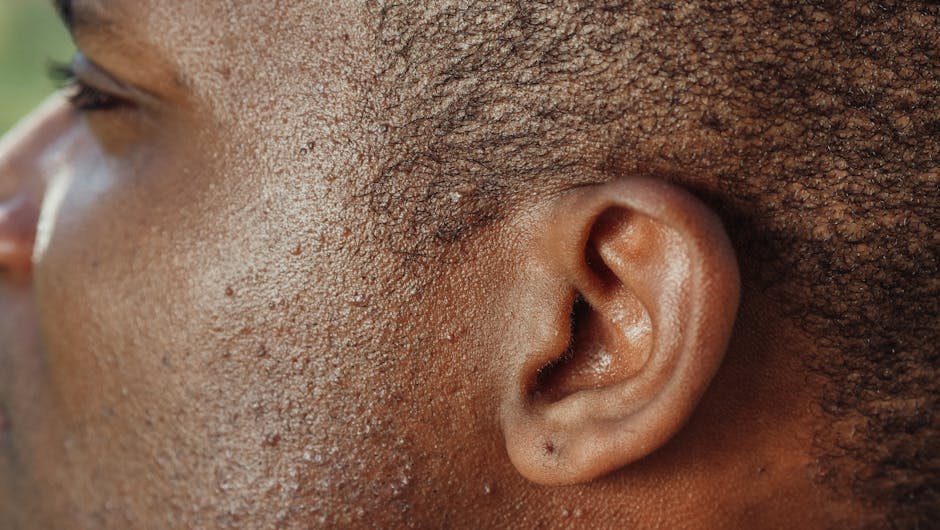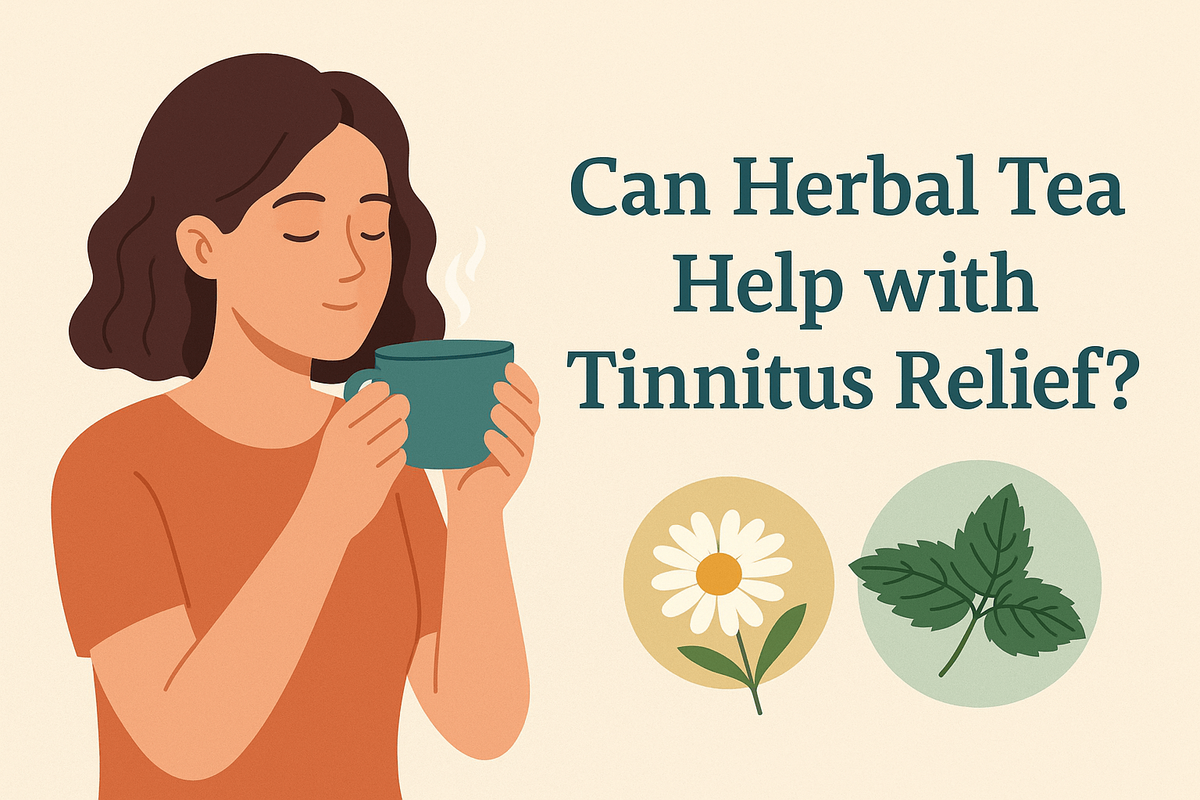This article contains affiliate links. If you purchase through these links, we may earn a commission at no extra cost to you. Full disclosure
Can herbal tea help with tinnitus? Yes. Certain teas like chamomile, lemon balm, and ginger may support relief by calming the nervous system and reducing inflammation.
Herbal teas have long been used to calm nerves, reduce stress, and support hearing clarity. Some contain compounds that reduce inflammation or improve blood flow to the inner ear. A warm cup at night may help quiet both your nervous system and your tinnitus.
⭐ Struggling with Tinnitus?
Discover evidence-based approaches and natural supplements that may help manage tinnitus symptoms and support auditory health.
*Individual results may vary. This site contains affiliate links.
How Herbal Teas Support the Auditory System
Your auditory system is highly responsive to stress, inflammation, and blood flow. Calming botanicals may help modulate nerve signals and reduce hyper-reactivity.
Get Weekly Health Tips
Join thousands getting evidence-based wellness insights delivered free every week.
🔒 No spam. Unsubscribe anytime.
Ginger, lemon balm, and chamomile contain compounds that support circulation and reduce auditory hypersensitivity. They don’t replace treatment - but they can be powerful allies in managing symptoms naturally.
Best Herbal Teas for Tinnitus Relief

Each tea targets a different tinnitus contributor - from stress to inflammation. Many also support sleep, which is vital for auditory healing.
Chamomile: Calms anxiety and reduces cortisol.
Lemon Balm: Supports circulation and nerve stability.
Ginger: Anti-inflammatory and improves blood flow.
Ginkgo Biloba: May enhance ear microcirculation.
Hibiscus: May help with pressure-related symptoms.
Teas and Ingredients to Avoid
Not all teas help. Some can actually worsen tinnitus - especially caffeinated teas or those with synthetic flavors that stimulate the nervous system.
Black tea and matcha may overstimulate the auditory cortex. Prepackaged blends often contain artificial sweeteners or high-sodium ingredients. If your ringing worsens after certain teas, check the label for added sugars, “natural flavors,” and mystery herb blends.
Stick to single-ingredient, organic, caffeine-free teas - especially in the evening.
External resource: Mayo Clinic - Tinnitus Causes and Triggers
How to Use Herbal Tea in Your Daily Routine

It’s not just about the herbs - it’s about the habit. Integrating herbal tea into your routine can reset your nervous system and build resilience against auditory stress.
🧪 What Our Research Points To
After analyzing the studies and mechanisms discussed above, one natural supplement formulation stands out for its evidence-based approach to auditory health and tinnitus management.
- Clinically-studied ingredients targeting auditory nerve health
- Dosages aligned with published research
- 60-day money-back guarantee - zero risk to try
See Full Ingredient Breakdown →
No subscription required · Affiliate disclosure
Checklist: Daily Herbal Support
- Drink herbal tea 1-2x daily (especially evening)
- Choose organic, caffeine-free options
- Use fresh lemon balm, chamomile, or ginger root for maximum benefit
- Pair with deep breathing or journaling to calm the brain
- Avoid pairing with sugar or salty snacks
- Support with a supplement that promotes nerve calm
Final Thoughts
Herbal tea for tinnitus isn’t a cure, but it’s a powerful tool. Teas that reduce inflammation, support circulation, and promote calm make a noticeable difference over time. The key is making relief a daily practice - not a one-time fix.
What you sip each day can shift your body into a more resilient, less reactive state. Tinnitus relief often begins with rituals that restore calm from the inside out.
FAQ
Can herbal tea actually relieve tinnitus? It’s not a cure, but chamomile, lemon balm, and ginger can reduce inflammation, calm the nervous system, and improve circulation - factors that influence tinnitus.
Which teas are best? Chamomile, lemon balm, ginger, hibiscus, and ginkgo biloba.
When should I drink it? Evening is ideal - helps relax before sleep and reduce nighttime tinnitus spikes.
Can too much tea make tinnitus worse? Yes, if caffeinated. Excessive black tea, green tea, or matcha can overstimulate the nervous system.
Should I combine tea with supplements? Herbal tea works well with magnesium, zinc, and adaptogens for enhanced nerve calm and reduced inflammation.
How long until I see results? Some notice improvement within days. For others, 2-4 weeks of consistent use.
Is tea enough long-term? Tea works best as part of a larger plan - better sleep, less stress, and targeted hearing support.
What else helps besides tea? Limit sugar and alcohol, stay hydrated, get daily movement, and reduce screen stress.
About Us: The YWHL Editorial Team researches health, wellness, and nutrition topics by analyzing published studies and clinical data. Our goal is to help readers make informed decisions about their health. This content is for educational purposes only - always consult your healthcare provider before starting any supplement or health program.
Some of the links on this site are affiliate links, which means we may earn a commission if you click through and make a purchase, at no additional cost to you. None of the information in this blog is medical advice. It is simply for educational purposes only.
Related Reading
Related Articles
📋 Our Research-Backed Recommendation
After reviewing the research on tinnitus and auditory health, this supplement combines clinically-studied ingredients that target the mechanisms discussed above. Backed by a 60-day money-back guarantee.
*Affiliate link - we may earn a commission at no cost to you. Full disclosure
📚 Research Sources


1 thought on “Best Herbal Teas for Tinnitus Relief (Backed by Science)”
Comments are closed.